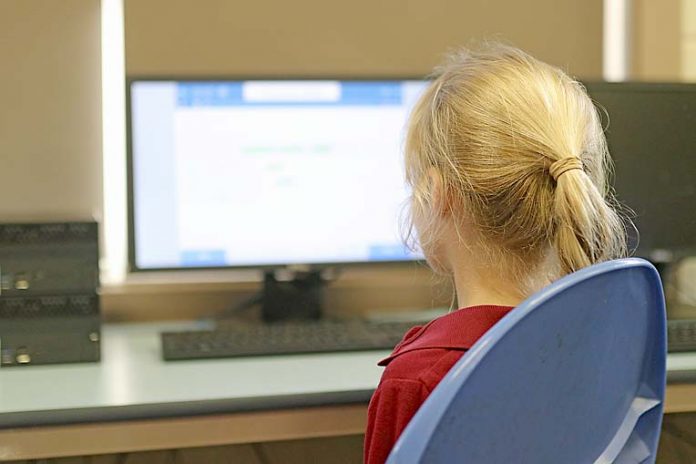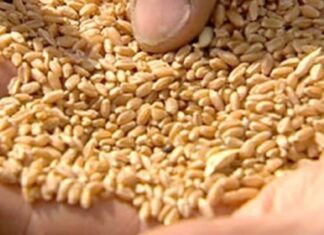STUDENTS receiving ATARs in the low 50s are being admitted into teaching degrees through “alternative pathways”, prompting independent MP Troy Bell to seek a minimum score for university entry into a Bachelor for Education.
Although 70 was the lowest ATAR to which an offer was made this year, Mr Bell, who is a former educator, backed a formal benchmark to ensure South Australian employed teachers were of the highest standard.
“If you want to go to university and study law, science or medicine, the minimum ATAR hovers around 95,” he said.
“This ensures only the highest level of student will achieve a place to study in those courses – the best of the best.”
“Why should it be any different for teachers?” Mr Bell said.
While acknowledging a high ATAR was “not the be all and end all”, Mr Bell said a high score demonstrated students excelled at the academic knowledge needed to skilfully teach in educational institutions.
“As a teacher, you need a deep understanding of what it means to be literate,” he said.
“You need to be able to spell, to read, to communicate at the highest level, otherwise how are you going to teach what you yourself do not know?”
Mr Bell said he was interested to lean less than a third of admissions to one South Australian university was by ATAR alone.
“Many students are admitted by other means, either by alternative pathways or getting in on other courses, merely to swap to another six months later,” he said.
“There is also something known as ‘applicable adjustment factors’ which basically mean you can get extra points added onto your ATAR if you complete approved courses.
“I have personally heard of students with ATARS in their low 50s who have gained admission to teaching courses at South Australian university through this alternative pathway process.”
Mr Bell told the house of a survey by the South Australian Association of State School Organisation, which found more than 60pc of the 1000 respondents backed lifting the minimum ATAR.
“Obviously the quality of teachers is also of concern to parents,” Mr Bell said.
“Teachers have one of the highest responsibilities in any profession – the education and guidance of our children.
“For the next generation of South Australians to succeed, become leaders and take our state into the future, we need to give them the highest standard of education.
“That education should be delivered by the highest standard of teachers.”
However, Australian Council of Deans of Education president Professor Tania Aspland welcomed the enthusiasm to raise the status of teaching but did not agree with the “over-emphasis on the ATAR levels of teaching students”.
“A threat to mandate a cap on ATARs of 80 may sound like a quick fix but, in reality, fewer than one-in-four students are chosen on the basis of their ATAR alone,” she said.
“There is no evidence to show that those with higher ATARS become better teachers as nonacademic traits are also vitally important in teaching quality.
“The statistics about low ATARs fail to contextualise the outliers allowed in on lower scores.”
Education Minister John Gardner agreed with Professor Aspland’s comments, telling parliament the State Government did not support a minimum ATAR entrance.
“It is critically important for our universities to be offering places to students who are capable of meeting the required benchmarks without necessarily identifying what that benchmark must be,” he said.
“We will continue to work with universities and I am sure we will continue to report back to the parliament.”








